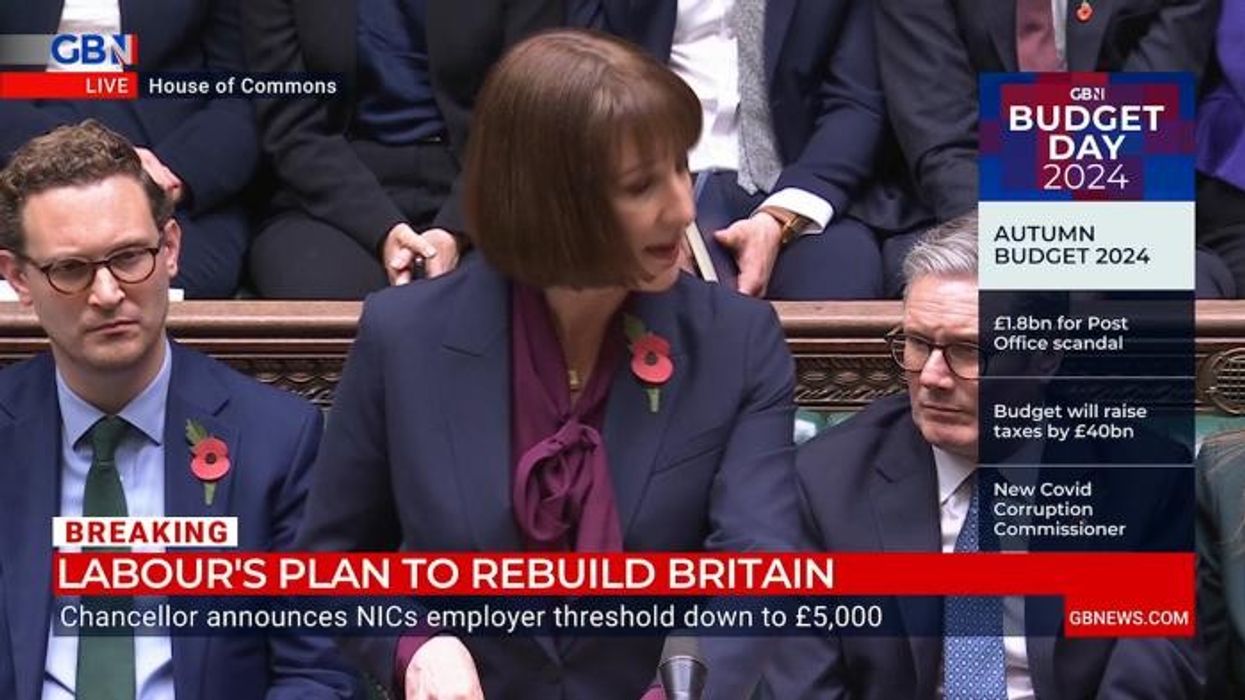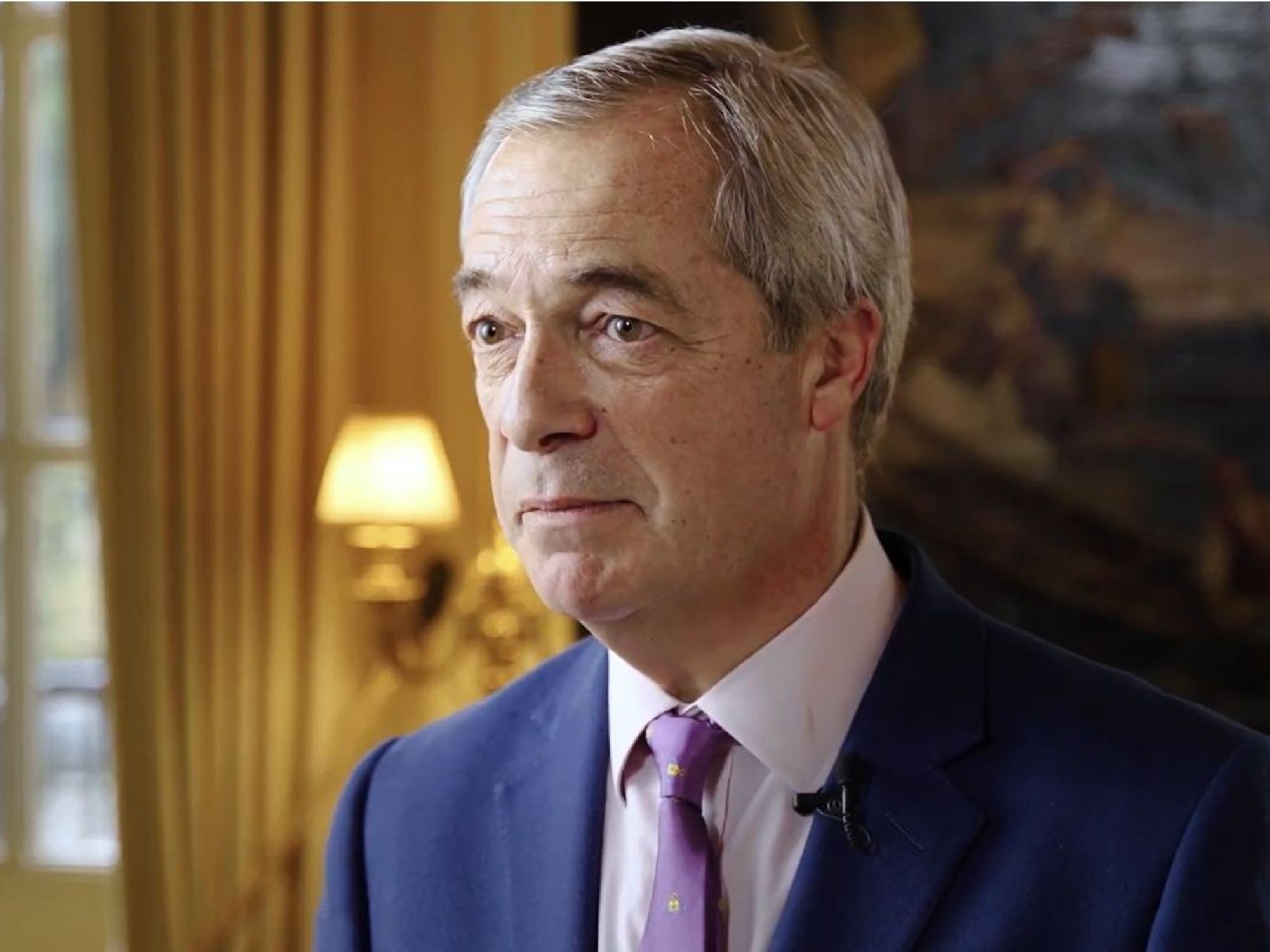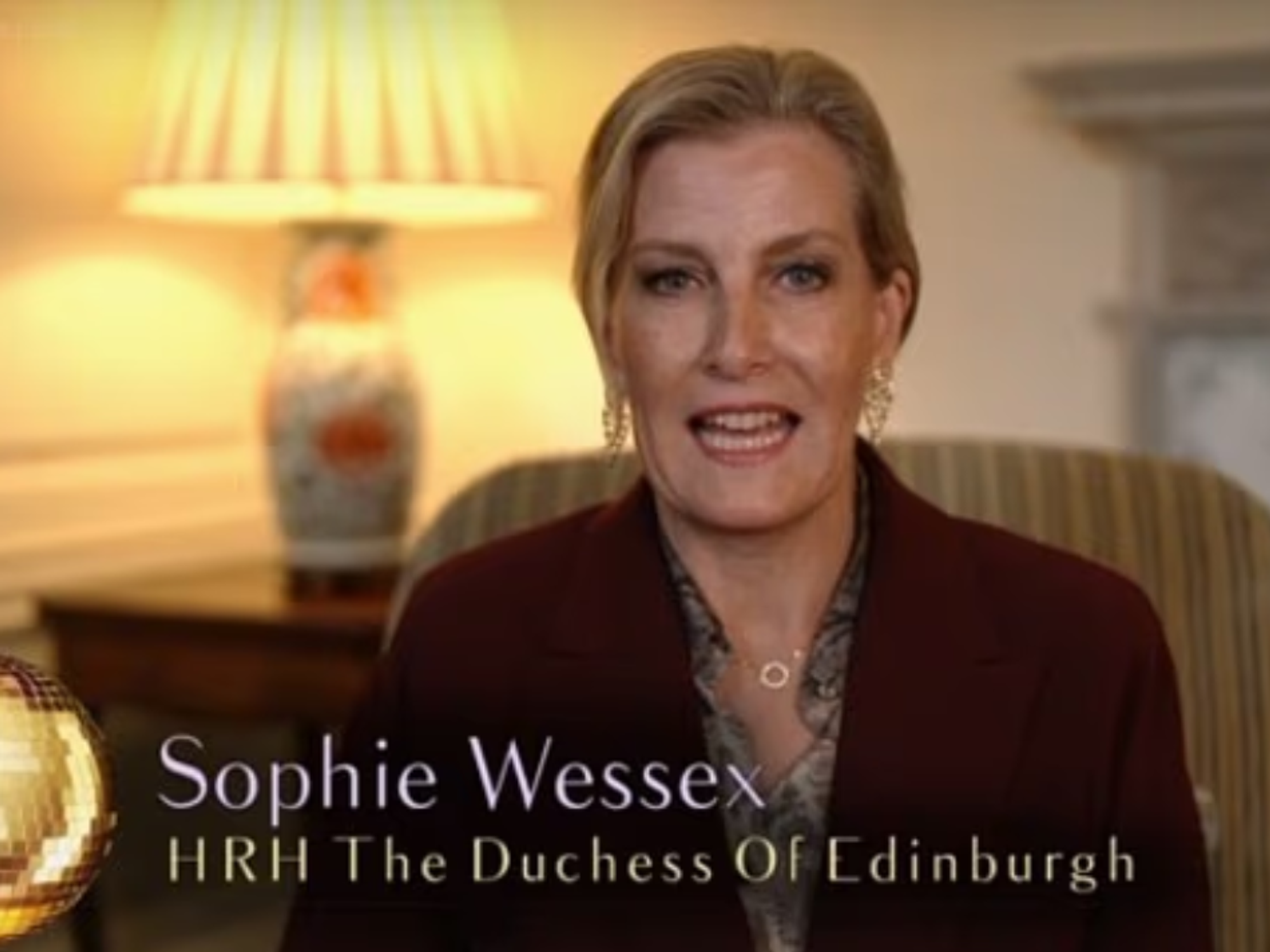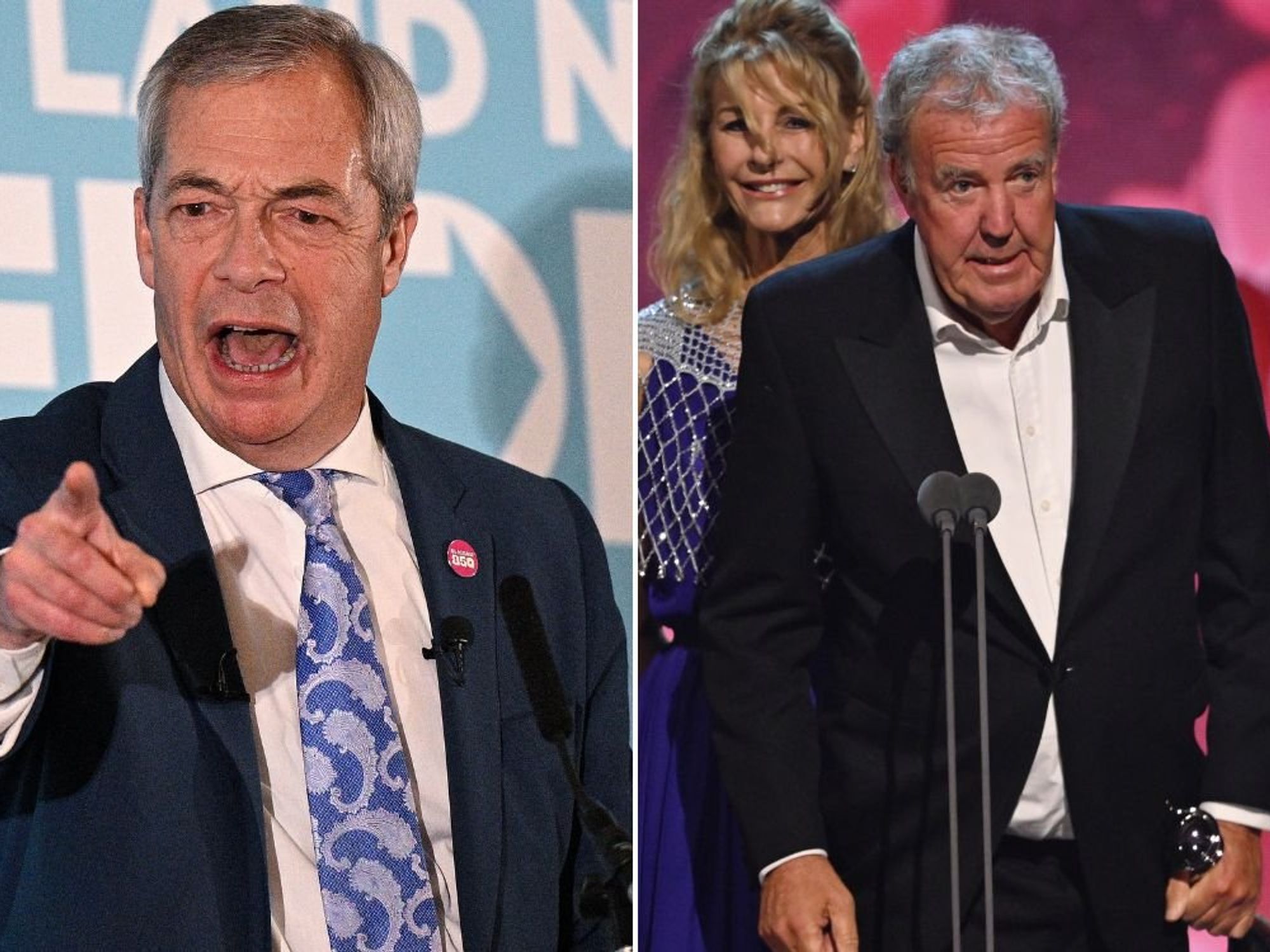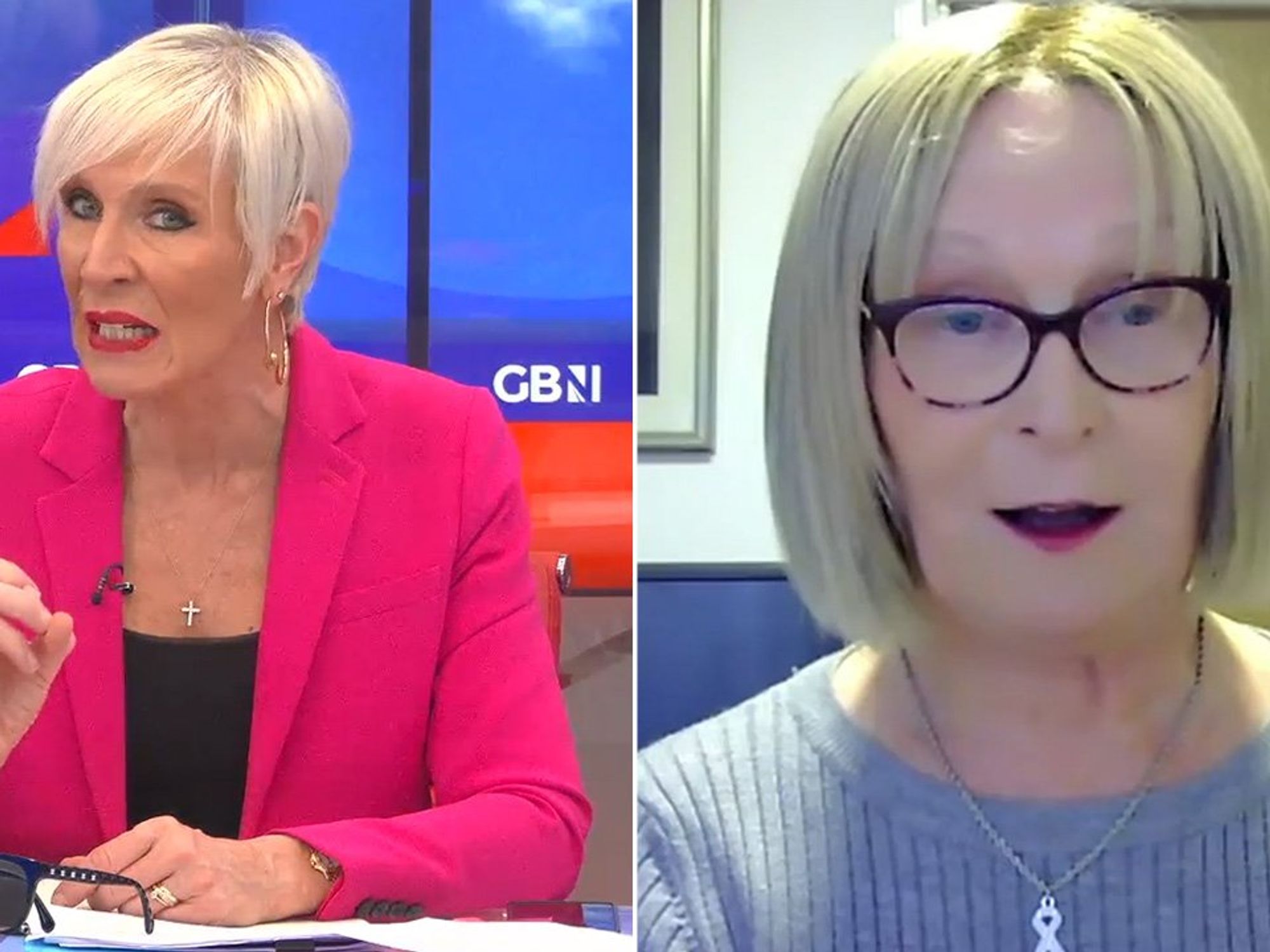Major car tax changes unveiled in the Budget could see petrol and diesel drivers pay £5,490 next year

Newly registered electric vehicles will only be liable to pay a first year rate of £10 from April next year
Don't Miss
Most Read
Latest
Drivers of new petrol and diesel vehicles could see enormous price hikes next year, with some motorists potentially paying almost £5,500 under new plans unveiled by Chancellor Rachel Reeves.
Budget documents state that the Government will uprate standard Vehicle Excise Duty (VED) rates for cars, vans and motorcycles in line with inflation from April 1, 2025.
It also announced that VED first year rates for new cars registered on or after April 1, 2025, in a bid to strengthen support for electric vehicles.
This will involve widening the differentials between zero emission, hybrid and internal combustion engine cars as the Government looks to phase out petrol and diesel.
Do you have a story you'd like to share? Get in touch by emailing motoring@gbnews.uk
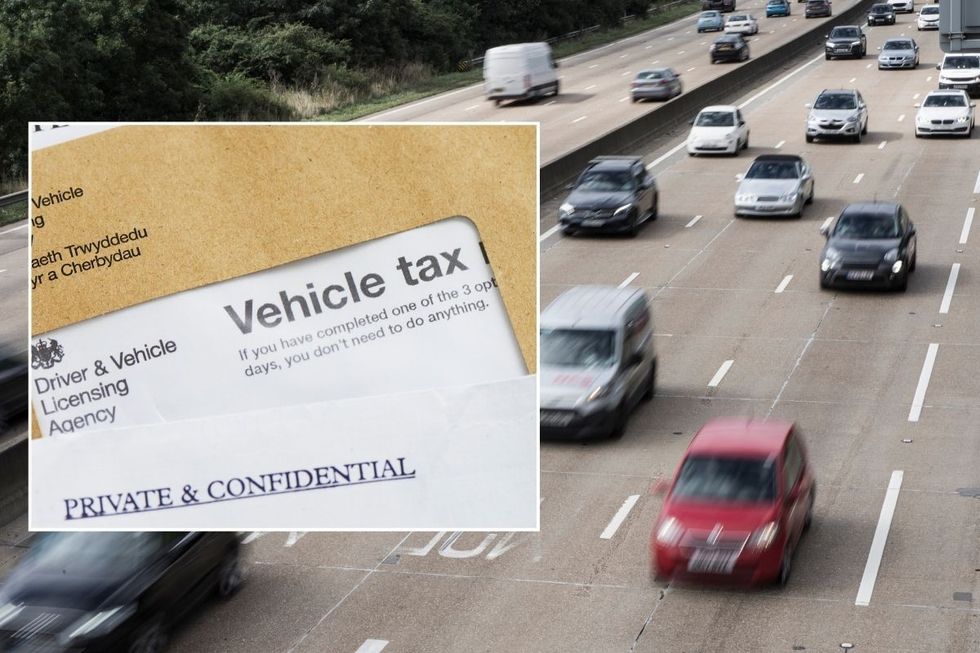
Drivers could face thousands of pounds in extra costs next year
|GETTY
The new rules state that zero emission cars will pay the lowest first year rate at £10 until the 2029-2030 tax year.
Rates for cars emitting between one and 50 grams of CO2 per kilometre, including hybrid vehicles, will increase from £10 to £110 for 2025-26.
Similar hikes will be seen for cars emitting 51-75g/km of CO2. While the rate is currently £30, from 2025-26, this will increase to £130.
The biggest price hike will be seen for owners of vehicles that emit 76g/km of CO2 and above. Rates will double from their current level for 2025-26.
The lowest rate in this category - 76-90g/km - currently costs £135, although, under plans unveiled in the Budget, they will have to fork out £270.
However, people who buy the most polluting petrol and diesel cars (over 255g/km) from April 1, 2025, are expected to fork out £5,490 when rates double next year.
Reacting to the Autumn Statement, Nicholas Lyes, director of policy and standards at IAM RoadSmart, said: "Increasing vehicle excise duty on all but zero emission vehicles in the first year will hit those buying new conventional vehicles in the pocket.
"A better solution to incentivise the take-up of electric vehicles would have been to cut VAT on the sale of new electric vehicles with a list price of £40,000 and under."
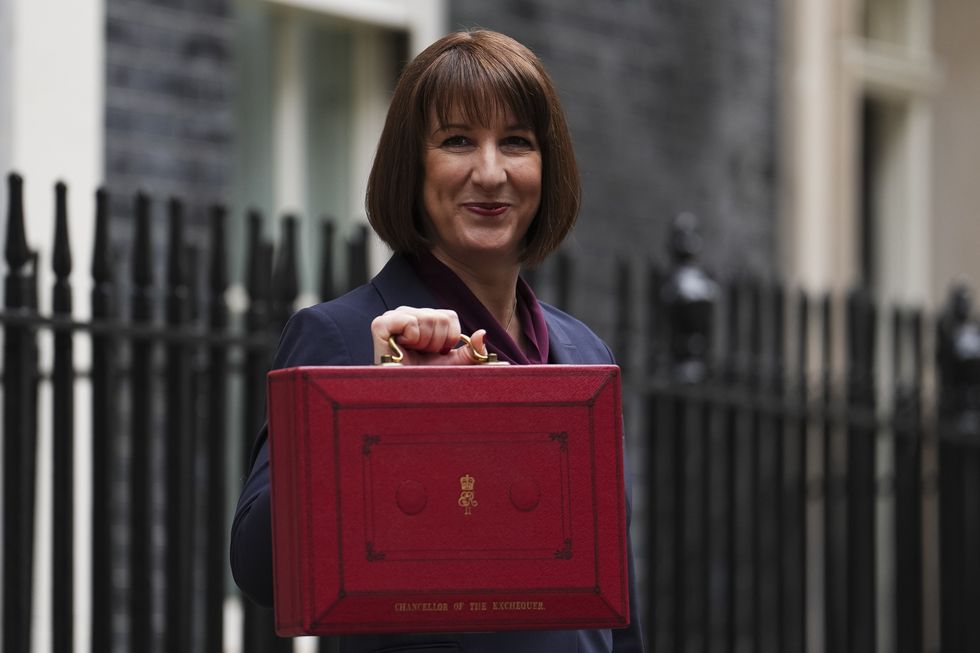
Rachel Reeves said car tax changes were being made to incentivise people to buy EVs
|PA
Current first year car tax rates compared to expected 2025-26 hikes
0g/km - £0 will rise to £10
1 to 50g/km - £10 will rise to £110
51 to 75g/km - £30 will rise to £130
76 to 90g/km - £135 will rise to £270
91 to 100g/km - £175 will rise to £350
101 to 110g/km - £195 will rise to £390
LATEST DEVELOPMENTS:
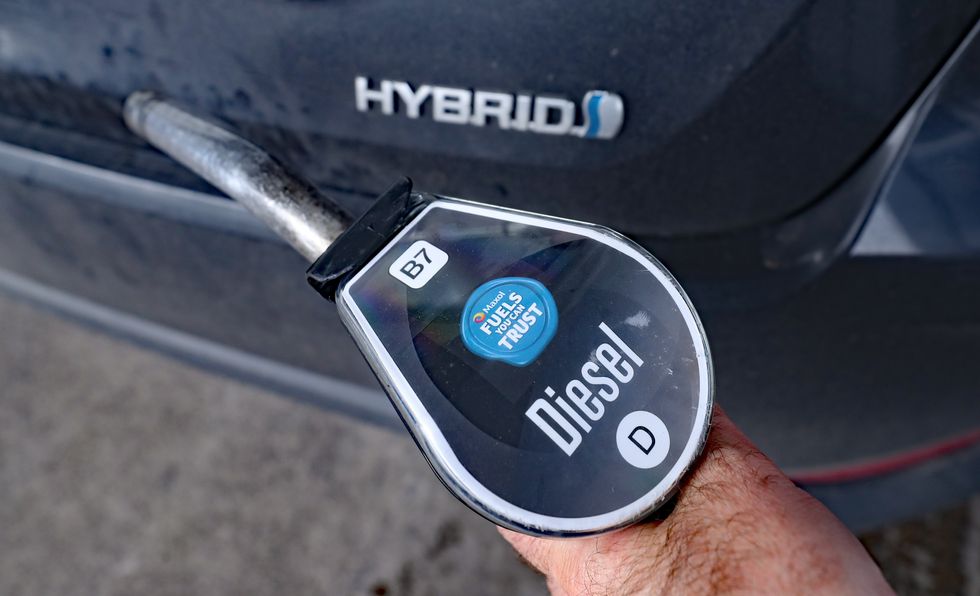
The most polluting petrol and diesel vehicles will attract massive car tax rates next year
| PA111 to 130g/km - £220 will rise to £440
131 to 150g/km - £270 will rise to £540
151 to 170g/km - £680 will rise to £1,360
171 to 190g/km - £1,095 will rise to £2,190
191 to 225g/km - £1,650 will rise to £3,300
226 to 255g/km - £2,340 will rise to £4,680
Over 255g/km - £2,745 will rise to £5,490


